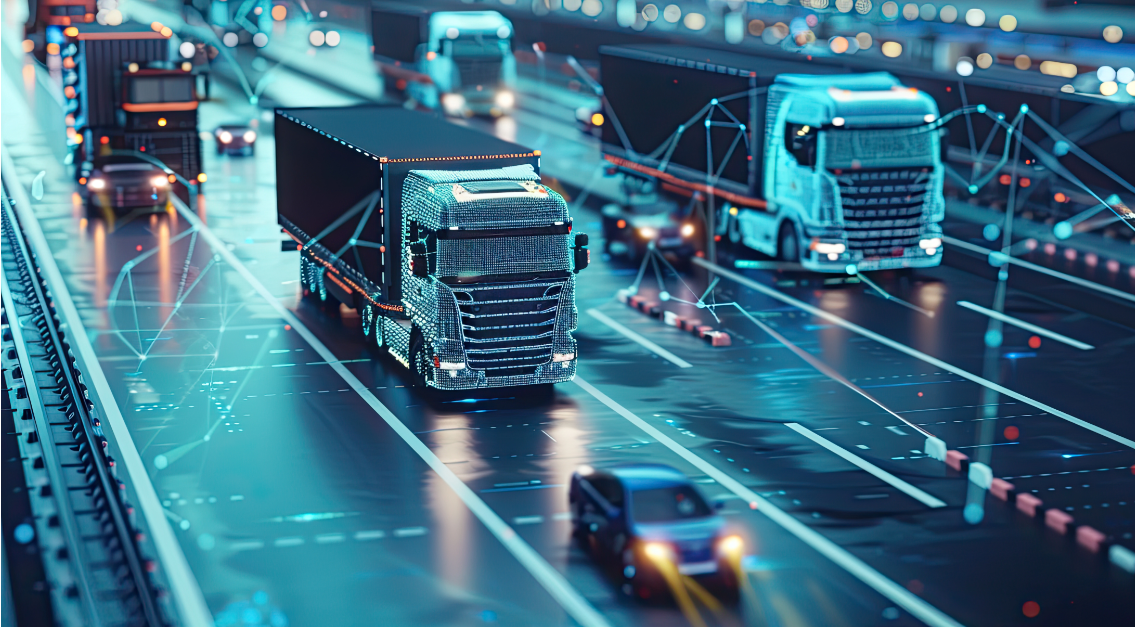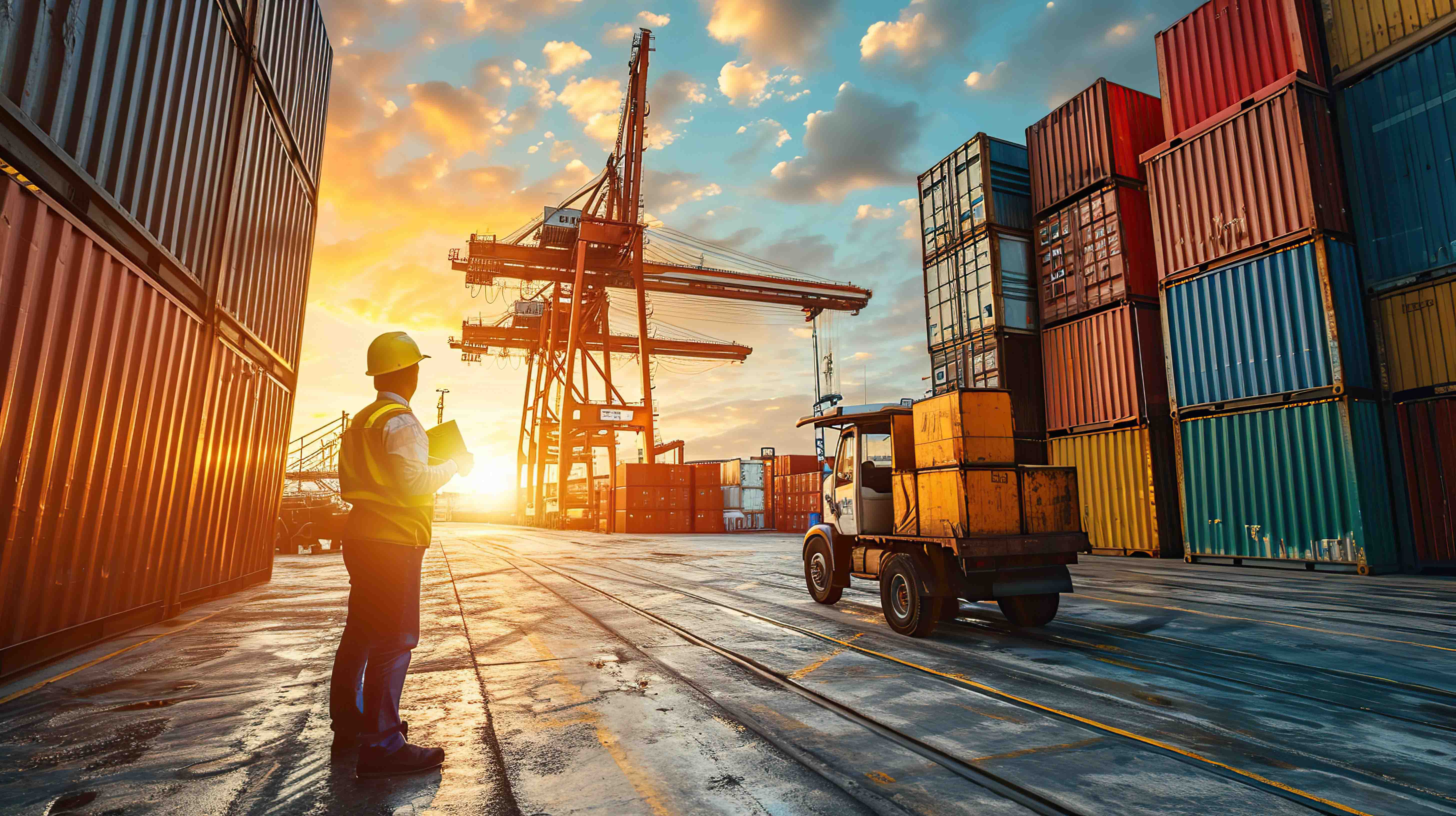The transport of people and goods by road, rail, water, and air faces numerous challenges, such as resource scarcity, insufficient capacities on roads and railways, and an ever-increasing demand for mobility. New technologies aim to enable the implementation of sustainable and economical mobility concepts.
Smart assistance systems could, for example, significantly contribute to the realization of driverless ferries, reducing personnel costs while simultaneously expanding mobility options in rural areas. An analyzing and regulating AI in car brakes could soon be capable of reducing tire wear and thus particulate matter, while significantly extending the lifespan of the tires.


